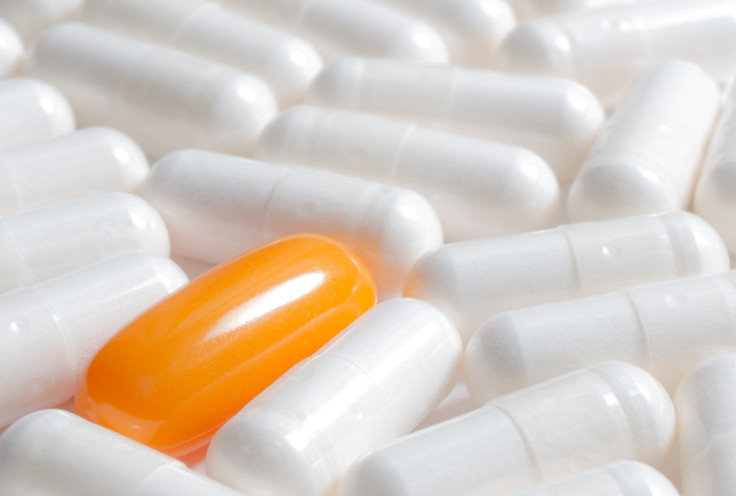'Exercise pill' boosts endurance by 70%, offering hope for weight loss
People too old or ill to exercise could get some of the benefits in tablet form, a study in mice suggests.

Scientists have found a genetic cheat switch in mice, through which they can give a big boost to the animals' endurance without a lot of training.
What if people who had diabetes, or were recovering from an operation, or were just too frail to go out running could get the same health benefits of exercise? Scientists are working to develop a drug for humans that could tap into the body's response to exercise without having to go through all the hard work and training to get there.
A study on the latest version of the exercise pill, conducted in mice, has dramatically increased their performance on the treadmill. The mice who were given the pill could run for about four and a half hours straight – 70% longer than mice who weren't given the pill.
The active ingredient of the exercise pill was a chemical compound called GW1516. It acted on a gene known to be involved in exercise called PPARD.
Previous experiments have shown that mice that have a permanently activated PPARD gene are excellent long-distance runners. GW1516 was effectively doing the same thing, switching on the PPARD gene directly and making the mice much better runners.
"It's well known that people can improve their aerobic endurance through training," said study author Ronald Evans of the Salk Institute for Biological Studies.
"The question for us was: how does endurance work? And if we really understand the science, can we replace training with a drug?"
It's thought that the exercise pill works by making the mice much better at burning fat. This happens naturally in athletes who train hard, although exactly how it happens still isn't fully understood.
But it wasn't just PPARD that was altered by the exercise pill. A total of 975 genes were changed when the mice took a high dose of GW1516. Genes for breaking down fats for burning got a boost, and genes for using carbohydrates were suppressed.

"This study suggests that burning fat is less a driver of endurance than a compensatory mechanism to conserve glucose," said Michael Downes, also a study author at Salk. "PPARD is suppressing all the points that are involved in sugar metabolism in the muscle so glucose can be redirected to the brain, thereby preserving brain function."
The mice in both cases collapsed from exhaustion when their blood sugar dropped to a certain level – 70 mg/dl. The mice on the exercise pill simply managed to keep up their blood sugar levels for much longer before hitting rock bottom.
"Exercise activates PPARD, but we're showing that you can do the same thing without mechanical training. It means you can improve endurance to the equivalent level as someone in training, without all of the physical effort," said Weiwei Fan, a Salk scientist and also an author of the paper.
Exercise physiologist Stuart Egginton of the University of Leeds, who was not involved in the research, said that the drug could have a lot of potential as a therapy in humans.

"There are a lot of pathologies that involve dysregulation of the metabolism. So it's quite possible that you could use this for people with lots of metabolic diseases," Egginton told IBTimes UK.
The action on the PPARD system also appeared to be relatively isolated from a lot of other related metabolic functions, he said. This makes it a good target for a drug, as there may be fewer unintended negative effects.
"I think there will always be the potential for off-target effects, but possibly less so in this regard than some of the other interventions that have been tried. The only way to tell that is long-term studies. Their study suggests no acute response, they only point out the benefits," Egginton said.
"But all of this is a delicate balance. Biology is always a balance."
The research is published in the journal Cell Metabolism.
© Copyright IBTimes 2025. All rights reserved.






















